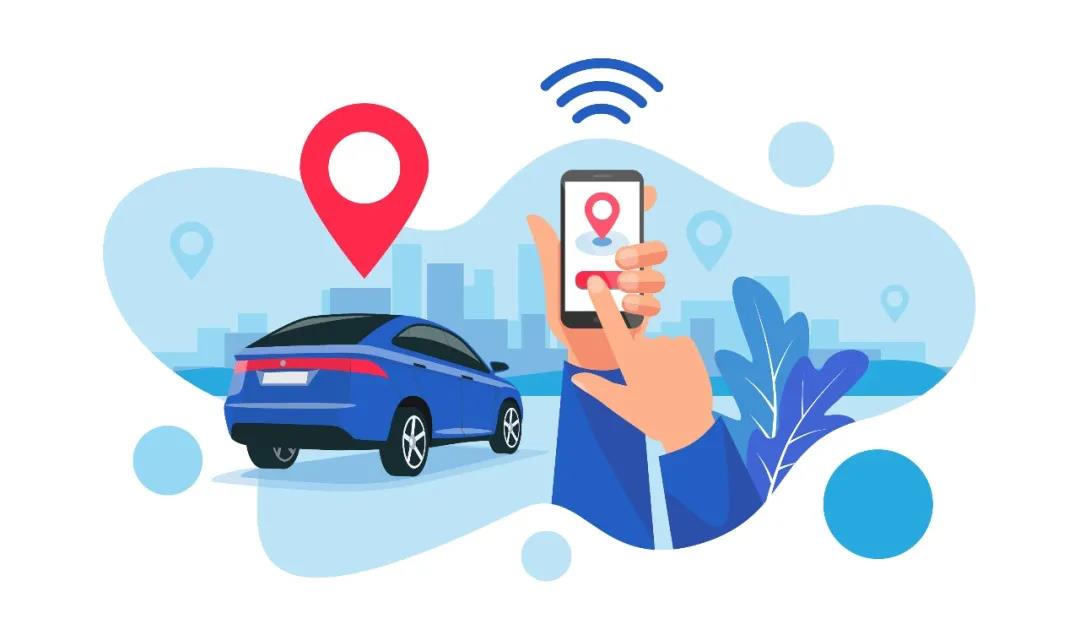Though in its infancy, the sharing economy has, nonetheless, seen the highs and lows over the past several years. The covid-19 pandemic is ushering firms into a new era, bringing along unique opportunities and challenges.
Lei Ying, associate professor with Peking University’s Guanghua School of Management,analyses sharing businesses’hardships and looks ahead to their future development in a recent interview with the Xinhua News Agency.

BIGGER BLOW
Lei notes that, different from some online platforms that provide conventional services like medical care and education,the sharing economy focuses on “share” — enabling people to temporarily use things that, otherwise, have to be brought and owned.
“In essence, the harms done by covid-19 to the sharing economy is via its impact on the demand of the right to use,” Lei says, citing the sharing of portable phone chargers, a typical hardware sharing service very popular in shopping malls, restaurants and airports. With lockdowns and social distancing rules, fewer people go to these public venues and charger-sharing firms inevitably are having a hard time. Data show that their performances between Jan. and April are not good, and began gradually picking up from May when the pandemic showed signs of weakening and more people went out.
According to Lei, the impact of the pandemic on the sharing businesses has been greater than that on conventional industries, where consumers have to first get ownership in order to use goods and services. For instance, one’s willingness to buy a car should only be delayed but not eliminated by the outbreak since his need to own and use a car will always be there. However, for a car-sharing service, lockdown means that consumers do not have the need to use a car and thus orders go up in smoke. In response, many firms took further disinfection and protection measures to reassure their customers in a bid to try to maintain businesses.
“Covid-19 has changed the locations where people’s demand takes place, an important detail sharing businesses should take heed of,” Lei stresses. The pandemic marked a transition from going outdoors to staying inside, eating at restaurants to home cooking, visiting street-side businesses to embracing online services. It all comes to the change of venues. Consequently, firms who have part of their sharing businesses online fared better than those directly dealing with outdoor demand such as the sharing of chargers and trips.

BUSINESS OPPORTUNITIES
Despite the bad news, there are some intriguing innovations, including sharing business tilting from consumers to business peers. Several restaurants allowed their employees to work temporarily for online delivery services. In a way,employees can also be viewed as resources for sharing, and in this new business mode, online delivery services are able to use without ownership. This example goes to show that, businesses, not unlike consumers, also have a need for sharing and should take active measures to adapt their operations to cope with hardships and risks.
In contrast to consumer-oriented sharing businesses, firms focusing on the business end rather enjoy faster development during the pandemic. That is because, despite the demand of going to restaurants plunging, people still have the need to eat and they just rather go online to order food. Responding to this change, supermarkets, logistic services and deliveries all take in more work force via employee sharing to cope with rising demand, which, Lei believes, will be a direction for the future development of the sharing economy.
CREDIT SHARING
Lei stresses that the development of consumer-focused sharing businesses need to be based on a credit system complete with monitoring and regulatory forces.
Many cases of damaged bikes for share and chargers not returned pose a key question for these sharing firms: how to ensure goods and services are always intact and available for the next customer’s use. Firms can only do so much to reduce risks and prevent misconduct by themselves,a bigger question that needs to solve is how to apply the monitoring and regulatory mechanism across different sharing platforms so that one user’s wrongdoings regarding one sharing service are also available for check by others. It is related to the credit system that China is building.
Meanwhile, business-based sharing requires more detailed and comprehensive terms and conditions.
According to Lei, as the sharing of human resources only entails the right to use but not ownership, rules should be made to clarify whether firms using employee-sharing services should also shoulder responsibilities to fulfill these employees’social insurances and other needs as well as the maintenance of equipment and establishments. It was not plausible to transfer employees’work benefit obligations during the pandemic and so far the original employers’were paying for their insurances, but it is far from ideal in the long run since the original employers are already having a hard time maintaining their businesses in the first place.“Business-side sharing boosts firms’ flexibility in using their resources and abilities to cope with risks,but there are a lot of details and obligations in such a contract that should be ironed out.”
“The sharing economy is born out of consumers and firms’ demand, and it’s only fair that we should solve various issues emerging during its development and improve a system to optimize sharing businesses and boost their growth as another force to shore up the overall economy,” Lei says.
 Programs
Programs